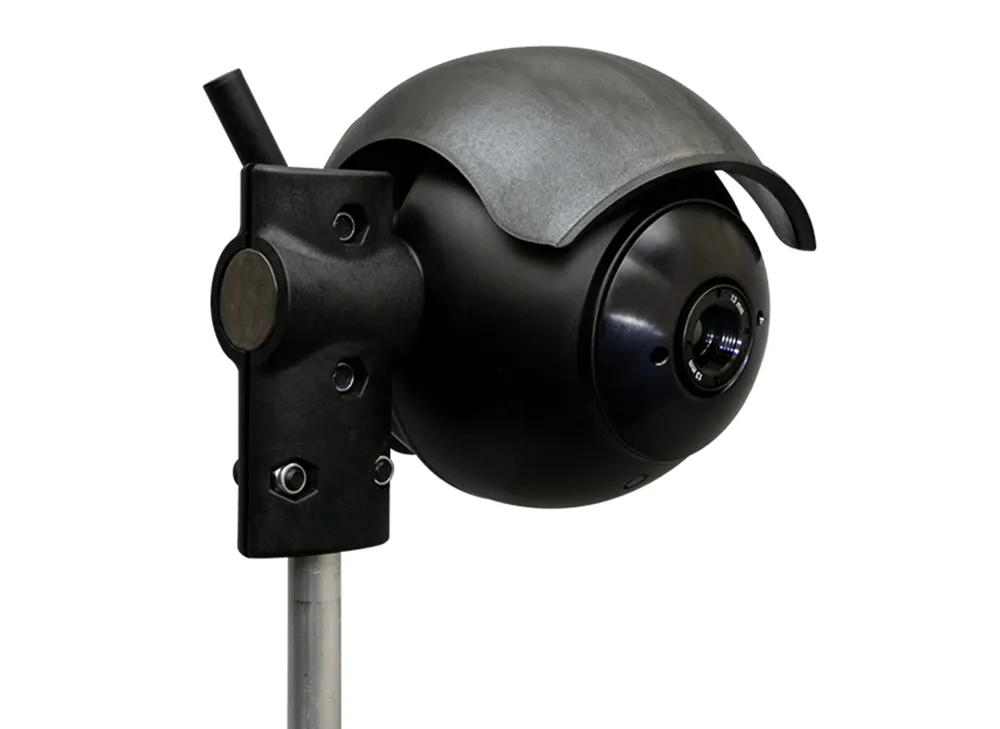
Flir Systems is releasing two cameras which will be available worldwide this quarter: Flir TrafiSense AI with thermal imaging and Flir TrafiCam AI.
Flir - which has been acquired for $8bn by Teledyne - says the edge capability of the artificial intelligence (AI)-enabled cameras helps optimise traffic flow on roadways and at intersections through real-time data capture and processing, providing input to traffic signal controllers.
TrafiSense AI captures heat energy data through a thermal sensor while the TrafiCam AI has a visible low-light, high-definition sensor.
The company says their vision capabilities are effective in all weather conditions and even in smoke for tunnel monitoring.
The cameras are WiFi-enabled for travel time calculations and other origin-destination applications.
They can also be retrofitted with 5G cellular antennae to support Vehicle to Everything (V2X) connectivity.
The company suggests the cameras can be combined with the Flir Acyclica cloud platform, allowing cities to apply AI-based learnings to real-time data to make predictive traffic pattern changes, preventing congestion and potential accidents, and creating safer roads for drivers, cyclists and pedestrians.
"With the addition of TrafiSense AI and TrafiCam AI, Flir now offers a fully-integrated solution that enables traffic engineers and city planners to apply AI-based learnings to continuously optimise traffic flow,” said Rickard Lindvall, Flir general manager, solutions business.
“The integrated solution enables cities to improve urban roadway design to make cities safer and more livable.”









